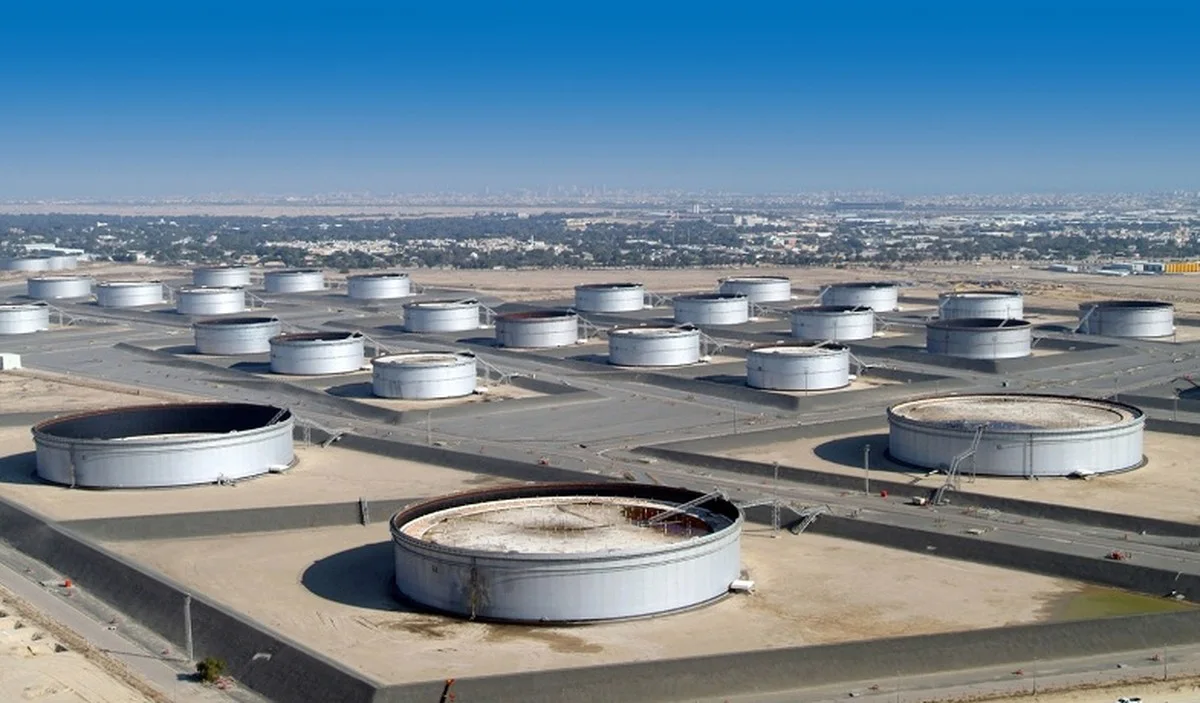14/07/2025
14/07/2025

KUWAIT CITY, July 14: As tensions between Iran and Israel have subsided and in light of the possibility of a resurgence in the future, international and geopolitical affairs researcher Abdullah Khaled Al-Ghanim stressed the need to increase Kuwait’s sovereignty over energy and water resources.
In an exclusive statement to the newspaper, Al-Ghanim explained that the situation between Iran and Israel is currently experiencing a period of relative stability and a temporary guarantee of navigational security in the Strait of Hormuz. “Therefore, the opportunity now is available for Kuwait to adopt a proactive strategic approach that ensures balance between taking advantage of the safe period and preparing for emergency scenarios,” he suggested. He pointed out that this can be achieved through two parallel paths: accumulating oil reserves abroad to the maximum point that cumulative daily production can accommodate, and strengthening the sovereign reserve of consumable water. He stated that “oil is the artery of the Kuwaiti economy; hence, any disruption in its export, even for one day, could lead to a widespread economic suffocation, which necessitates raising Kuwaiti oil stored abroad -- up to a ceiling of 450 million barrels or as much as we can. This will be used in the event of any developments in the region.” He is hoping that the oil storage will reach the equivalent of Kuwait’s current daily oil production quota for half a year or less, as the higher the storage ceiling from 200 million to 450 million barrels abroad, the better prepared the country will be for the worst military scenario in the region. He explained that storing Kuwaiti oil in large quantities outside Kuwaiti borders is part of the steps to mitigate the risks associated with any emergency closure of the Strait of Hormuz.
Regarding other important benefits of storing oil abroad, Al-Ghanim said that it gives Kuwait strong negotiating power in the global market, even during a crisis. “This allows for the potential to capitalize on rising oil prices by initiating sales from external storage in the event of disruptions in Gulf energy flows to global markets. Furthermore, external storage maintains cash flow in case of temporary disruptions to local oil production infrastructure for any reason,” he elaborated. On the mechanisms by which Kuwaiti oil storage capacity abroad can be increased, Al-Ghanim stressed this can be done by expanding strategic storage contracts with partners such as South Korea, India, Japan and Oman. He also emphasized the need to expand storage and add new storage sites like Pakistan, Turkiye, Vietnam, Indonesia and China. On the importance of protecting water in case the Strait of Hormuz is exposed to any unexpected danger, Al-Ghanim asserted that “water, before it becomes scarce, is a reserve of life that is priceless, especially since Kuwait is a desert country and pure water is a sovereign commodity that is not less important than oil, and may even precede the latter in unconventional wars. Based on the average consumption of drinking and cooking water per Kuwaiti, the country needs to import not less than nine billion liters of drinking and cooking water to cover the consumption of nearly five million people for a period ranging from six to nine months to ensure the country’s protection from any interruption in desalination facilities as a result of any military developments in the region.”
By Najeh Bilal
Al-Seyassah/Arab Times Staff


